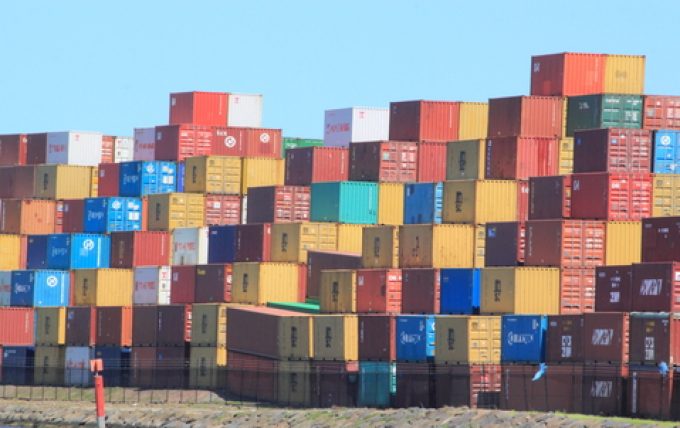Mr Joy: Victoria – Shitoria (Part One)
All about the ‘Big Mess’

Shipping lines calling at Australia are becoming “more aggressive” over container detention, adding to supply chain costs from landside congestion and rising port fees.
According to the Container Transport Alliance Australia (CTAA), there has been little improvement to the country’s container logistics congestion this year.
The CTAA ...

Comment on this article